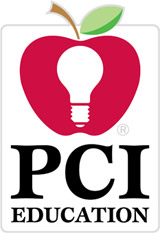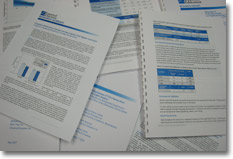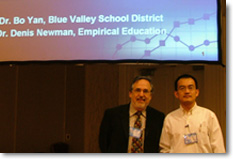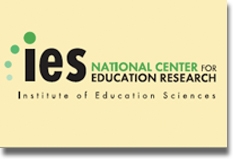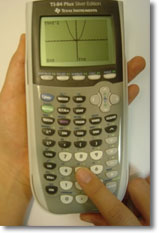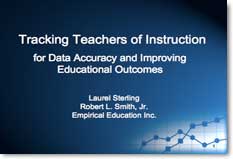Reports Released on the Effect of Carnegie Learning’s Cognitive Tutor
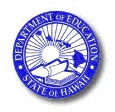
The Maui School District has released results from a study of the effect of Carnegie Learning’s Cognitive Tutor (CT) on long-term course selections and grade performance. Building upon two previous randomized experiments on the impact of CT on student achievement in Algebra I and Pre–algebra, the study followed the same groups of students in the year following their exposure to CT. The research did not find evidence of an impact of CT on either course selection or course grade performance for students in the following school year. The study also found no evidence that variation among ethnicities in both the difficulty of course taken and course grade received depended on exposure to CT.
A concurrent study was conducted on the successes and challenges of program implementation with the teachers involved in the previous CT studies. The study took into account teachers’ levels of use and length of exposure to CT; the descriptive data comprised surveys, classroom observations, and interviews. The major challenges to implementation included a lack of access to resources, limited support for technology, and other technological difficulties. After 3 years of implementation, teachers reported that these initial barriers had been resolved; however teachers have yet to establish a fully collaborative classroom environment, as described in the Carnegie Learning implementation model.
Maui School District is the company’s first MeasureResults subscriber. A similar research initiative is being conducted at the community college level with The Maui Educational Consortium. The report for this study will be announced later this year.


